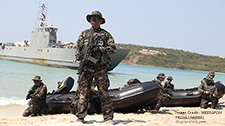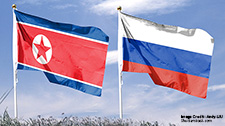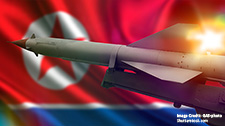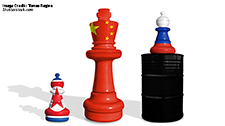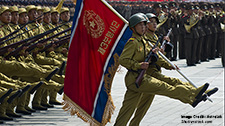Chun In-bum on Seoul’s Security Policy Amid the Mounting North Korean Missile Threat
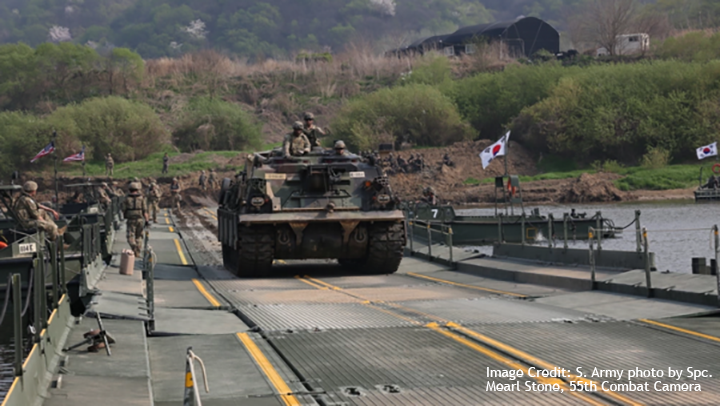
Mitch Shin
Introduction
The failed Hanoi summit meeting between the United States and North Korea in February 2019 effectively scuttled South Korean President Moon Jae-in’s peace process, and his bid to declare the end of the 1950-53 Korean War and activate inter-Korean cooperation. Ever since, Moon has been actively seeking to renew the stalled nuclear talks and inter-Korean dialogue, but there is no momentum on his side.
Considering the deadlocked nuclear talks and North Korea’s recent flurry of missile tests, how should future South Korean governments manage the current events and security hot potatoes?
For an in-depth look, The Diplomat’s Mitch Shin interviewed Lieutenant General (Ret.) Chun In-bum, the president of the Association of the United States Army (AUSA) Korean Chapter and advisory member of the National Bureau of Asian Research. Chun also serves as the vice president of the Korea Chapter of the Association of the United States Army and MIG Alley Chapter of the U.S. Air Forces Association.
Chun previously served as the chief of the Election Support Branch, Civil Military Affairs/Strategic Operations Directorate at the Multi-National Force in Iraq. Chun also served as the director of U.S. Affairs at the Korean Ministry of National Defense and was involved in negotiations and cooperation with the U.S. on the relocation of U.S. forces, camp returns, ROK/U.S. Joint Vision Study, Special Measures Agreement, and the transition of the Wartime Operational Control. Chun commanded the 27th Infantry Division and was the senior member of the U.N. Command Military Armistice Commission. Chun was promoted to lieutenant general in November 2013 and was assigned as the commander of the ROK Special Warfare Command. He retired from active duty on July 31, 2016.
Related Publications
-
Unraveling of a martial law attempt: South Korea’s democratic moment
South Korea, once known as the “Land of the Morning Calm” and the Hermit Kingdom, has a complex modern history marked by ideological tensions and political challenges. Since the establishment […]
-
Russian and DPRK Military Cooperation in Ukraine – A Win-Win?
In early August 2024, Ukraine launched a significant offensive in the Kursk region in Western Russia which may have prompted the activation of the DPRK-Russia Strategic Partnership Agreement and triggered […]
-
Kamala Harris and North Korea: Between Continuity, Pragmatism, and Strategic Realignment
A possible future Harris administration is likely to continue the Biden administration’s approach to North Korea, focusing on sanctions and diplomatic pressure. This strategy may be shaped by broader geopolitical […]
-
Russia-DPRK Partnership: Implications for the West
This issue brief examines the evolving relationship between the DPRK and Russia, particularly since Russia’s invasion of Ukraine in 2022. The partnership has deepened, with North Korea supporting Russia diplomatically […]
-
Deciphering North Korea’s Military Activities
In 2024, the growing tensions on the Korean Peninsula have highlighted the unpredictability of North Korea’s military intentions. This issue brief evaluates the strategic behaviors of North Korea, particularly under […]
